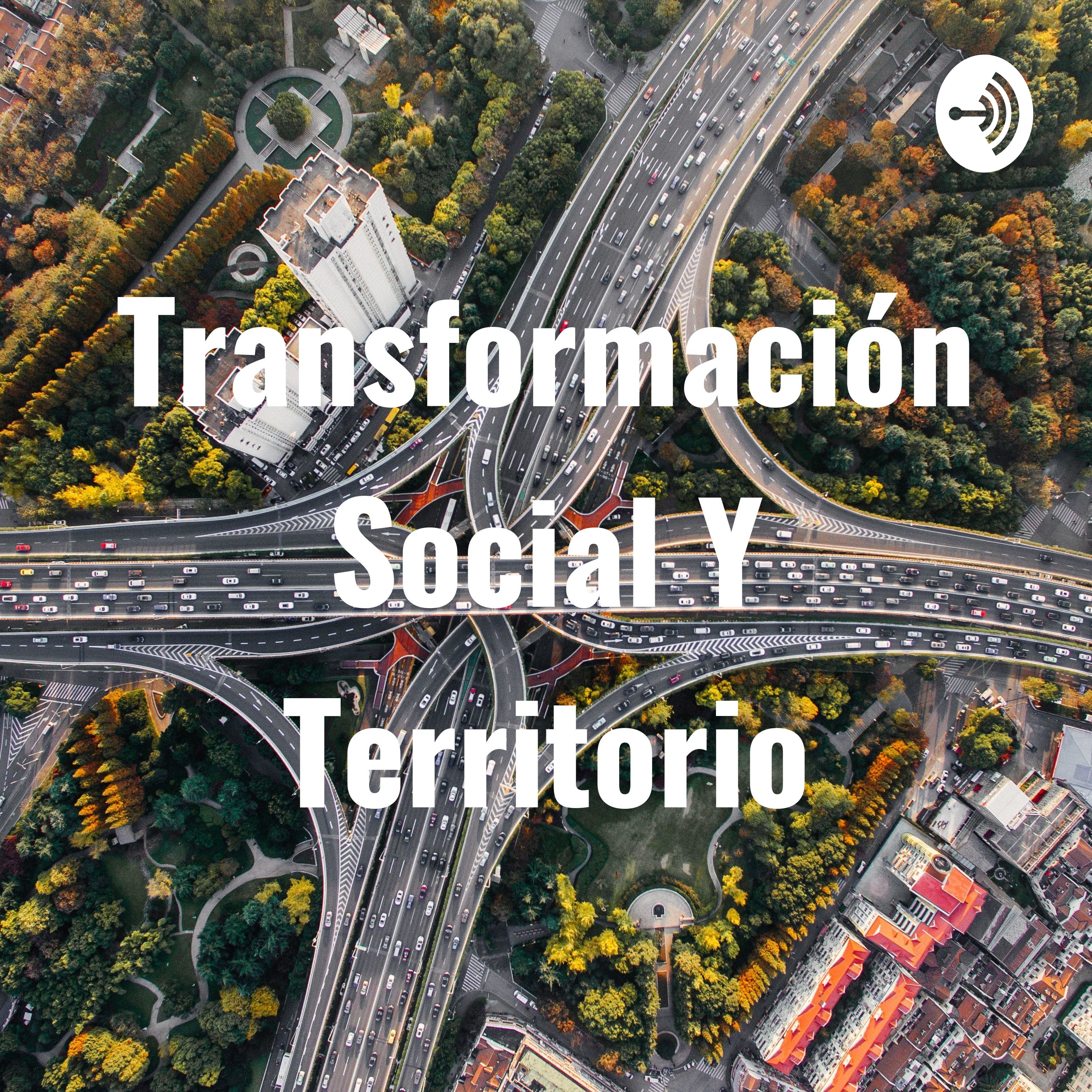 |
Women & War: A Feminist PodcastAuthor: Women & War
Women in regions affected by war and forced displacement are highly visible in media accounts. Yet, their resistance against different forms of violence from so-called domestic abuse to large-scale state violence often goes unrecognized. Women & War is a platform to learn about powerful womens struggles for liberation, justice and peace. The podcast amplifies critical contemporary feminist work in the field of war, violence, colonialism, and forced migration. The invited guests who are engaged feminist academics and activists - speak about legacies of genocide, femicide, occupation, and invasion in the context of places like Armenia, Afghanistan, Kurdistan, Palestine, Pakistan and beyond. In addition to providing background and sharing knowledge, the guests reflect on their own scholarship and discuss contemporary knowledge production on womens resistance. Together, guest and host counter Orientalist and patriarchal narratives and instead center womens practices of resistance and collective struggle, past and present. While offering historical context to contemporary wars and conflicts in the region, Women & War seeks to be a space to build transnational feminist solidarity.The podcast is not detached from political events and developments. In fact, recent developments such as the 2021 handover of Afghanistan to the Taliban or the Turkish states military operations in three parts of Kurdistan over the last years were among the events that sparked the idea to launch this project. These and other experiences discussed in the episodes illustrate why it is crucial to view gender as a central, rather than secondary question in our understanding of political conflicts.This podcast is hosted by political sociologist Dr Dilar Dirik, Junior Research Fellow at the Refugee Studies Centre and Lady Margaret Hall, University of Oxford. This project has been made possible through the University of Oxford's Public Engagement with Research Fund. Language: en-us Genres: Education, Science, Social Sciences Contact email: Get it Feed URL: Get it iTunes ID: Get it |
Listen Now...
#6 State Violence, Militarism and Gender in Pakistan
Episode 6
Friday, 1 July, 2022
The arms industry is widely known to be one of the most corrupt and deadly sectors in the world. Often exempt from transparency and accountability, this industry produces the weapons and technology necessary for the wars that kill, disappear or displace millions of people every year.Unfortunately, UK universities, too, are implicated in this business through their cooperation with arms manufacturing companies that supply weapons to war zones. This includes the University of Oxford, where this podcast is based. As calls for divestment from the fossil fuels industry are on the rise, so too are student and staff campaigns for divestment in the war and border industries. Anti-war and anti-militarism have historically been key causes of women’s liberation struggles arund the world. This is not least because zones of war, conflict and securitization often create climates of impunity for all sorts of violence and injustice, including gendered and sexualized violence. State violence and militarism create war-like conditions even during times of peace, especially for women and for communities at the margins of state power. In the name of national security, states mobilize their resources to control and govern populations through violence or threats of violence. Unsurprisingly, the language of security often gets applied to wider constituencies to render dissent, opposition and resistance impossible.In this episode, Dilar Dirik is in conversation with Mahvish Ahmad, who has researched and reported on state violence and militarism in Pakistan for many years. Among other things, they speak about the ways in which the lives of women, including women from oppressed and minoritized communities in Pakistan, get impacted by state violence and the ways in which state violence and patriarchal violence interact. What do women in Balochistan for example mean by patriarchy in uniform? What is it like to work and research on these topics as a woman? Mahvish talks about historical women’s struggles in the region and about contemporary feminist activism and women’s resistance in Pakistan. She further discusses the role of media in the representation of war and violence in Pakistan and the ways in which dynamics on the ground in warzones get framed according to dominant perspectives. In this conversation, we also learn about the value of learning from movements struggling for liberation, a major aspect of Mahvish’s work. What can we learn from the analyses put forward by social/political movements, especially in contexts of war, occupation, state violence, and militarism? In what ways has the US-led so-called war on terror shaped knowledge production on entire regions and countries? How are social movements and grassroots activists impacted by this?Mahvish Ahmad studies state violence and movements resisting militarism in Pakistan. She is the co-founder of Revolutionary Papers, a transnational research project investigating anticolonial movement texts in the 20th century (with Chana Morgenstern and Koni Benson), a co-convener of Archives of the Disappeared which investigates the problem of finding archives and evidence in sites of mass atrocity (with Yael Navaro, Mezna Qato and Chana Morgenstern), and a co-founder of Tanqeed, an English/Urdu bilingual magazine that primarily covered military violence in Pakistan until 2017 (with Madiha Tahir). She is an Assistant Professor of Human Rights and Politics at the London School of Economics.This project is made possible through the University of Oxford’s Public Engagement with Research fund.Music: Hum Dekhenge - Iqbal Bano










